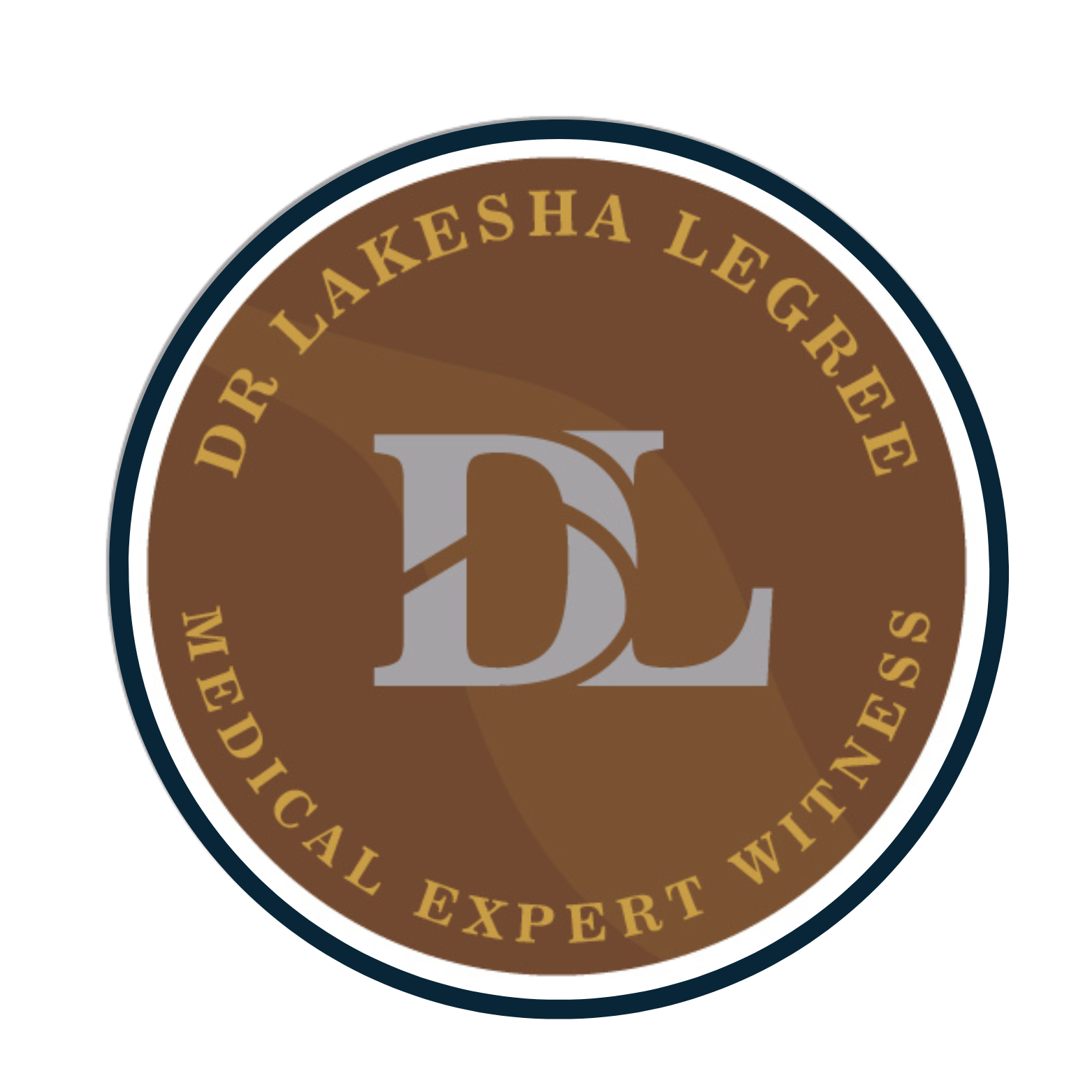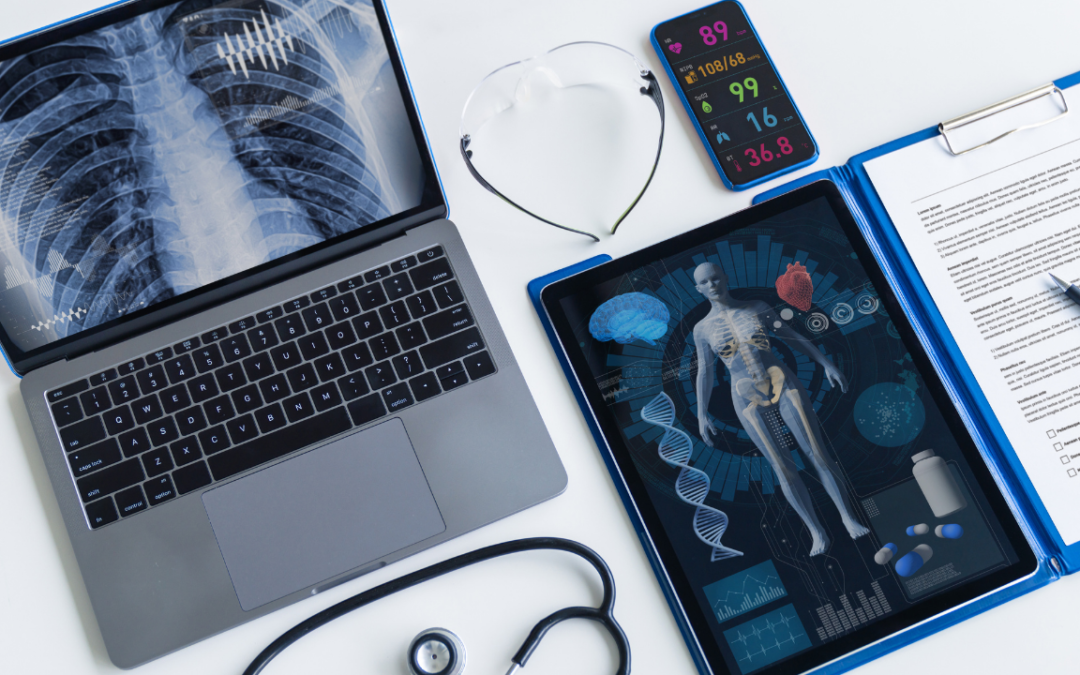Medical malpractice occurs when a healthcare provider deviates from the standard of care expected in their field, resulting in harm or injury to a patient. However, not every adverse medical outcome is due to malpractice. An expert witness helps differentiate between unfortunate outcomes and genuine negligence by reviewing medical facts and comparing them to accepted standards of care.
Common Types of Medical Errors
Several medical errors can lead to malpractice claims, including:
- Misdiagnosis or Delayed Diagnosis – Incorrect or delayed diagnoses can result in improper or missed treatments, leading to worsened conditions.
- Surgical Errors – These can include operating on the wrong site, leaving surgical instruments inside the body, or performing unnecessary procedures.
- Medication Errors – Prescribing or administering the wrong medication or dosage can lead to severe adverse effects.
- Birth Injuries – Errors during childbirth can cause lasting injuries to the baby or mother.
Proving Fault and Liability
In a medical malpractice case, proving fault requires showing that the healthcare provider’s negligence directly caused the patient’s harm. This involves complex medical and legal analyses, where expert witnesses play a critical role. These witnesses provide essential insights into how the standard of care was not met, and their testimony can often be pivotal in the outcome of a case.
Medical experts must not only possess deep knowledge in their specialty but also communicate complex medical terms and procedures in ways that judges and juries can understand. Their ability to explain the case clearly and persuasively significantly impacts the determination of fault and liability.
Insights from Expert Witnesses
Understanding medical malpractice through the perspective of expert witnesses helps all parties—patients, healthcare professionals, and legal experts—navigate the complexities of these cases. By defining malpractice, highlighting common errors, and detailing the challenges of proving fault, expert witnesses serve as invaluable resources in ensuring justice is served.
For more information or to schedule a consultation, please contact us. Your health and legal rights deserve expert attention and care.

